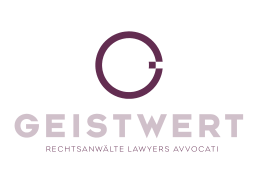Teacher evaluation app with ratings allowed!
Freedom of expression and freedom of information of pupils also protect anonymously submitted evaluations. The publication of a teacher’s name and average ratings is equally protected.
The subject of the proceedings was an app for rating schools and teachers. Users can give one to five stars in several categories (teaching, fairness, respect, motivational ability, patience, preparation, assertiveness and punctuality). To submit a rating, they have to register with a mobile phone number but not with their name. The app displays the average ratings for each teacher.
A teacher sued to stop the data processing and to have his name and ratings deleted from the app.
The court of first instance dismissed the claim. The court of appeal partially upheld the plaintiff. It allowed the data processing (the rating and publication) only insofar as it was ensured that the plaintiff was only rated by persons whom he actually taught or instructed.
On 2 February 2022 (6Ob129/21w), the Supreme Court did not confirm this restriction, but allowed data processing (evaluation and publication).
It weighed the plaintiff’s fundamental rights to data protection, privacy, anonymity, honour and good reputation against the fundamental right to expression and freedom of information of the app operator and the app users. It was important to note that the rating app was about the exercise of a profession, because there is less protection from public expression in the exercise of a profession than in the private sphere.
The Supreme Court recognised the problem that the app does not prevent certain abuses. For example, people who do not know a teacher at all can rate him. Such abuse could only be prevented by registering users by name. However, this would restrict the students’ freedom of expression, because they could be prevented from giving an evaluation at all. The Supreme Court weighed the restriction of the plaintiff’s rights through the possibility of abuse less heavily than the restriction of freedom of expression that would occur if users had to register by name or if such an app was not allowed to be operated at all.
In the proceedings, the data processing in the specific app was to be assessed. In the case of differently designed rating platforms, the outcome of the proceedings could be different.
